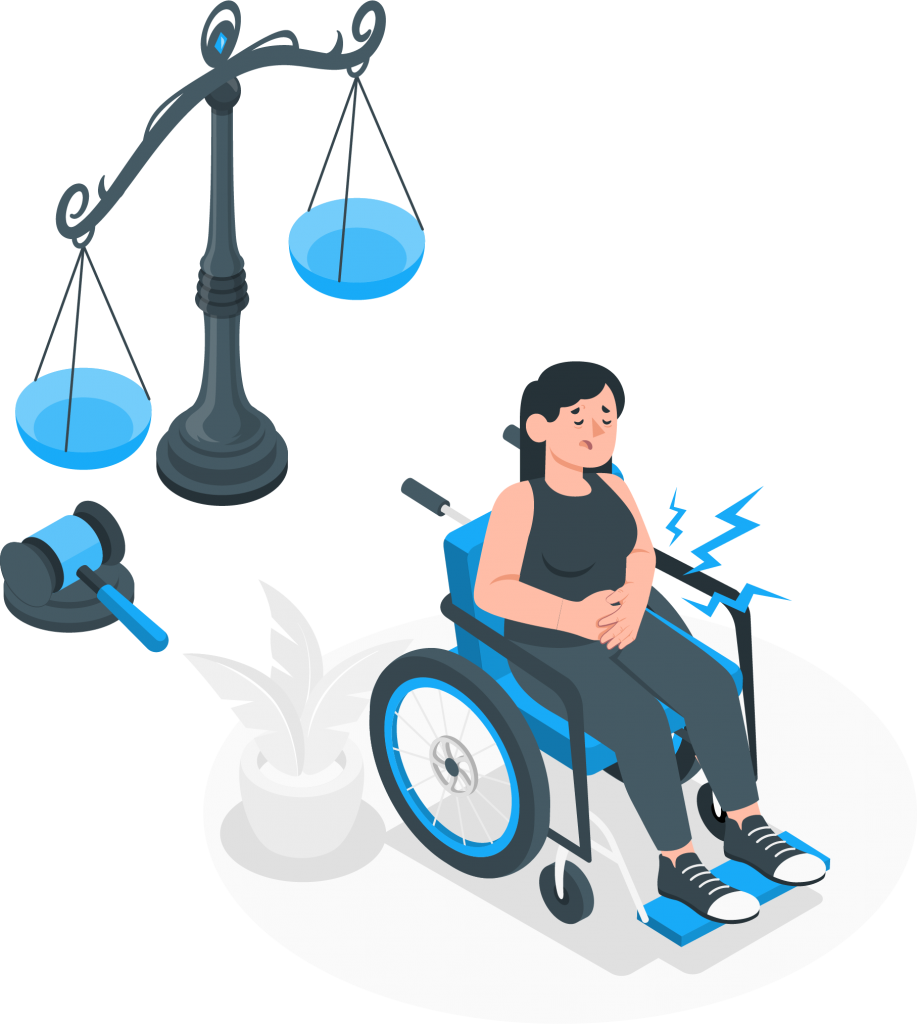How Do I Know If I Have a Personal Injury Case?
Around 500,000 personal injury cases are filed annually in the U.S., and 4 to 5% go to trial. Not all of these trials or claims result in compensation, as either the plaintiff is unable to prove the opposing party was responsible for their injuries, or their case just doesn’t qualify as a personal injury case.
If you get hurt due to another person’s negligence or wrongdoing, you may be entitled to compensation for your economic and noneconomic damages. First, you need to determine if you have a case that qualifies as a personal injury claim or lawsuit.

The Four Elements of a Personal Injury Case
Duty
If the offending party had a duty to exercise reasonable care in the accident, they could legally be required to compensate for your losses. For instance, everyone on the road has a specific duty of care, including motorists, pedestrians, and bicyclists. If someone is injured in an accident and the person who caused the accident had a duty to exercise reasonable care which could have prevented the accident, they can be held liable. Generally, in personal injury cases, it has to be proven that the accused owed a duty of exercising reasonable care to the victim. The personal injury case can be dismissed if there is no duty of care owed by the accused.
Breach
The next crucial aspect of a personal injury case is proving the accused breached their duty of care. In order to recover compensation, the victim should be able to prove the accused’s negligence or wrongdoing via evidence and legal arguments. Your attorney can guide you in gathering evidence that can strengthen your case.
Causation
Another requirement of a personal injury case is causation, which implies that the cause of the accident and the injury sustained by the victim are correlated. Sometimes, the person who suffers injuries can be partially liable for the cause of the accident, which can reduce the full compensation amount awarded to them. For instance, most states follow a comparative negligence rule that reduces the compensation amount recoverable by the plaintiff.
Damages
You cannot recover compensation if no actual damages resulting from the accident. The purpose of a personal injury case is to provide monetary compensation to the victim for bodily injuries or financial loss, such as loss of wages or property damage. Therefore, to pursue a personal injury lawsuit or a settlement claim, you should have suffered a loss due to the accident, such as pain and suffering, disability, injuries, and property or vehicle damage.
Establishing Liability In a Personal Injury Claim
Proving liability in some personal injury cases can be complex as several factors need to be considered, including the duty of care, breach of duty, cause of the accident, and actual damages resulting from the accident.
If you need clarification about whether or not you should pursue a personal injury claim or lawsuit, personal injury lawyer T. Madden recommends consulting an attorney. The attorney can help prove the defendant’s fault and handle all the paperwork required to get a favorable result for the claim or lawsuit. Additionally, your attorney can help you determine the compensation you can recover through a settlement order or a court verdict.
Try our Debt Resolution solutions today Request a Demo